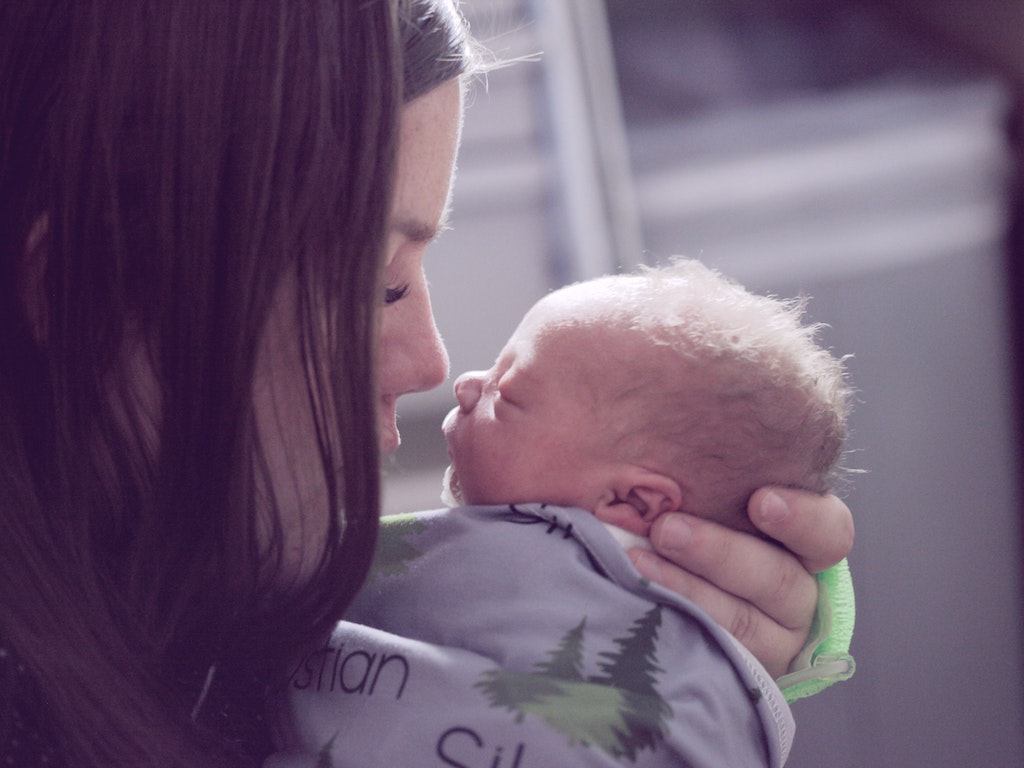3 Mins Read
Scientists in the U.S. have found PFAS compounds in all samples of breast milk from mothers in a new study. The findings provide further evidence that these toxins do build up in human bodies, contrary to claims made by chemical giants. PFAS are widely used in food packaging, clothing and other consumer products and known as “forever chemicals” because they never break down in the environment.
PFAS have been detected in every single one of the fifty samples of breast milk from U.S. mothers, a new study published in the peer-reviewed journal Environmental Science & Technology has found. Alarmingly, 100% of the samples in the study tested positive for PFAS at nearly 2,000 times the level considered safe in drinking water.
Researchers at Indiana University, the University of Washington, the Seattle Children’s Research Institute and nonprofit Toxic-Free Future, calculated that the levels of PFAS in breast milk is on the rise globally and is on average doubling every four years.
It marked the first study since 2005 to assess the levels of PFAS in U.S. mothers’ breast milk, testing for 39 different PFAS – including 9 currently-used compounds. Results indicated that both currently-used and phased-out PFAS are contaminating breast milk, potentially exposing infants to the known and unknown impacts of the toxins.
This study provides more evidence that current-use PFAS are building up in people. What this means is that we need to address the entire class of PFAS chemicals, not just legacy-use variations.
Dr. Amina Salamova, Associate Research Scientist, Indiana University
The findings stand in stark contrast to the claims made by the chemical industry that newer “short chain” PFAS are less harmful to the environment and do not cause accumulation in bodies, though recent reports have revealed that giants DuPont and Daikin knowingly continued to produce the new generation of 6:2 FTOH compounds despite internal company research suggesting toxicity in animal studies.
Commenting on the results, study co-author Dr. Amina Salamova, an associate research scientist at Indiana University, said it was “clear that the switch to newer PFAS over the last decade didn’t solve the problem.”
“This study provides more evidence that current-use PFAS are building up in people. What this means is that we need to address the entire class of PFAS chemicals, not just legacy-use variations.”
PFAS, colloquially known as “forever chemicals”, are widespread in everyday consumer products, from the lining in paper-based food containers and fast food wraps, to a whole host of other non-packaging products such as clothing, cosmetics, and even children’s and baby products such as bottles, cups and pacifiers.
There is a wide bed of research to support the association between PFAS accumulation and kidney disease, liver damage, cancer, neurological damage, autoimmune disorders and developmental issues, as well as a link between PFAS to declining sperm counts, which leading epidemiologist Dr. Shanna Swan has described a fertility crisis “threatening human survival”.
“Exposures to PFAS can weaken our immune system, making a person more vulnerable to infectious diseases,” said study co-author Dr. Sheela Sathyanarayana, an associate professor of pediatrics at the University of Washington and Seattle Children’s Research Institute.
We shouldn’t be finding any PFAS in breast milk and our findings make it clear that broader phaseouts are needed to protect babies and young children during the most vulnerable stages of life.
Erika Schreder, Science Director, Toxic-Free Future
“It is especially concerning to see exposures happening through bioaccumulation in breast milk, which then exposes a nursing child during a critical period of development.”
In light of their results, the research team say that more must be done to protect the health of mothers, infants and the wider public. While there have been some moves towards regulations to ban use of PFAS in the U.S. and Europe, current rules have generally failed to prevent PFAS from being used to make a wide range of consumer products.
“We now know that babies, along with nature’s perfect food, are getting toxic PFAS that can affect their immune systems and metabolism,” said Erika Schreder, science director at Toxic-Free Future and co-author of the research.
“We shouldn’t be finding any PFAS in breast milk and our findings make it clear that broader phaseouts are needed to protect babies and young children during the most vulnerable stages of life.”
Lead image courtesy of Unsplash.




